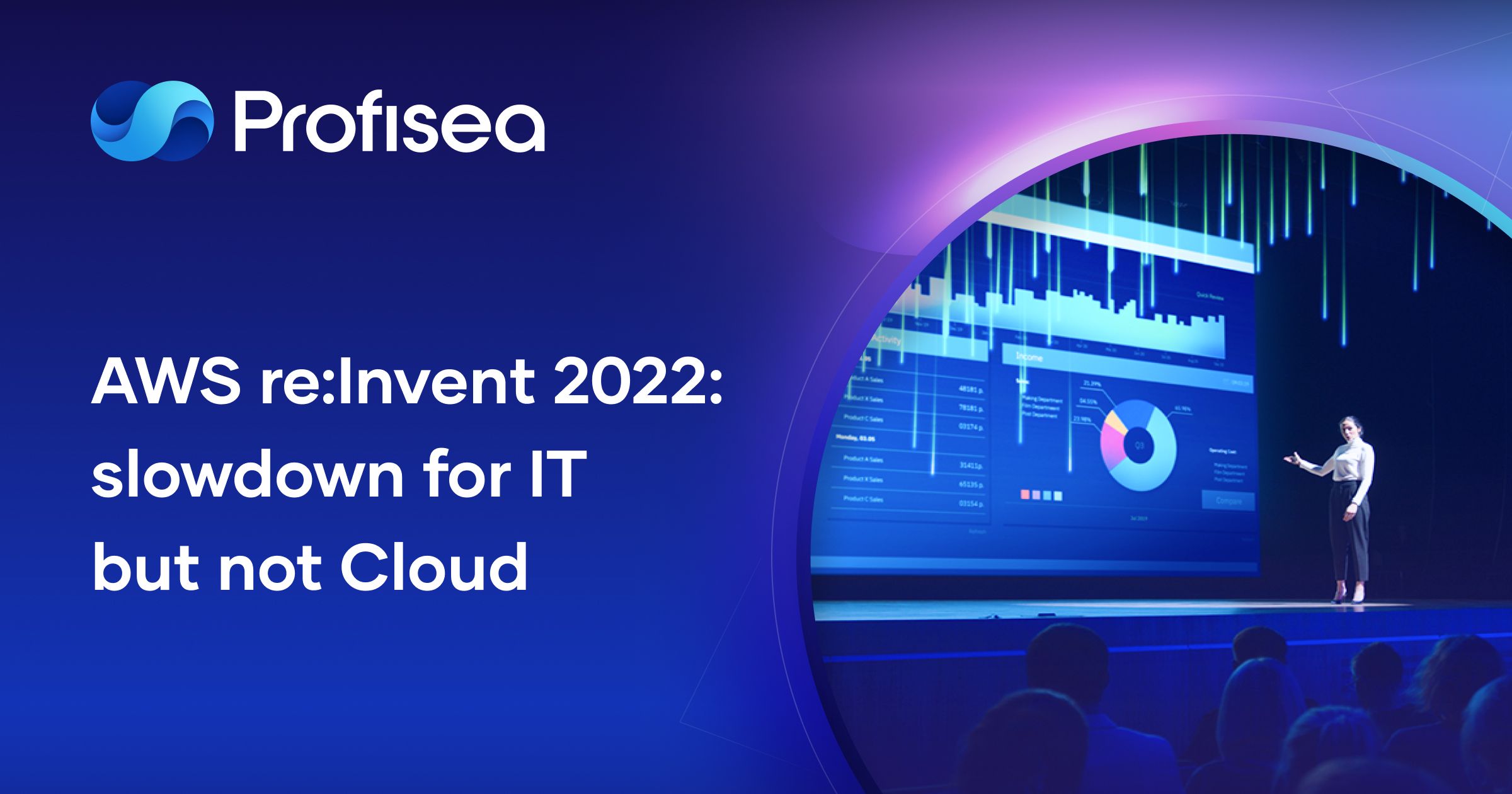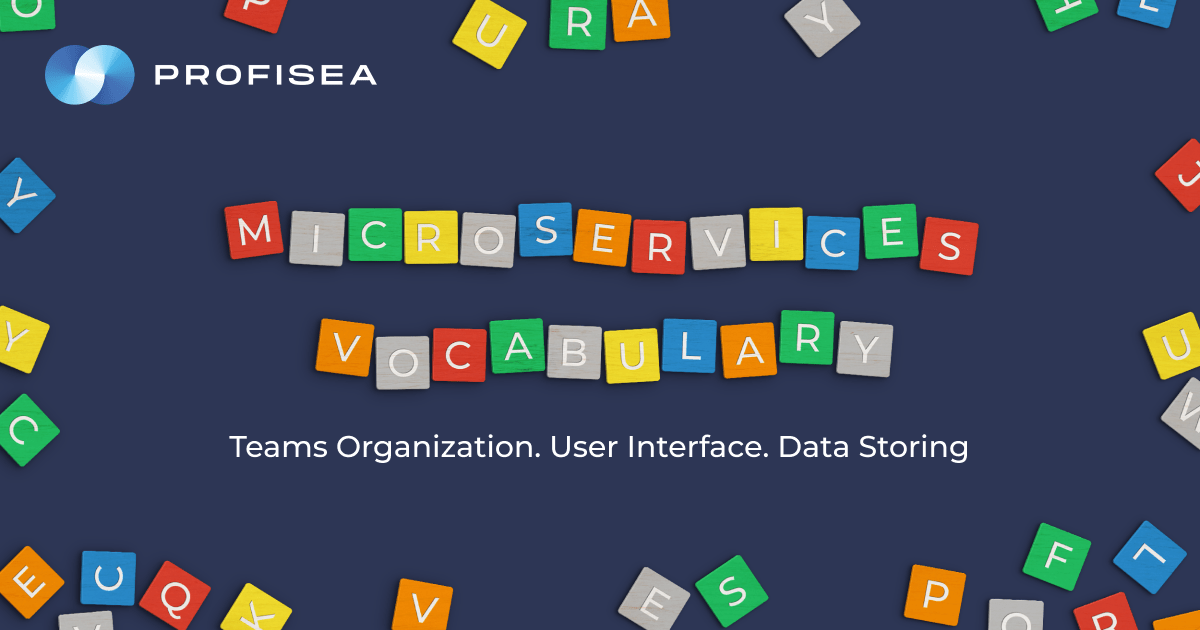Top 10 DevOps Trends in 2024
By 2028, the global DevOps market is expected to surge to a staggering USD 25.5 billion, up from the USD 10.4 billion value in 2023. The forecasted market size for 2032 is an impressive USD 88.62 billion, with an annual growth rate of 25%. This surge is attributed to the escalating demand for accelerated software delivery and elevated quality standards. As we enter 2024, the trajectory of the DevOps industry becomes clear, propelled by innovative approaches. Let’s discuss the top 10 DevOps trends that are set to redefine the cloud industry in the coming year.
1. Integration of Artificial Intelligence (AI) and Machine Learning (ML)
As we enter 2024, we can safely say that AI and ML are now integral to the DevOps lifecycle. 2023 witnessed an explosion of AI technology, setting the stage for predictive analytics in code development, automated testing, and intelligent monitoring during the operations phase. As DevOps teams integrate AI and ML into their processes, tasks such as code analysis, testing, deployment, monitoring, and debugging are becoming more automated and intelligent. However, careful consideration must be given to potential challenges, as early AI adopters experienced nuanced impacts on software delivery and operational performance.
2. DevSecOps
Security remains a non-negotiable aspect of DevOps in 2024. As DevOps expands into DevSecOps, this evolution involves embedding security practices, tools, and procedures at every stage of the software development pipeline. Version control systems lead the charge, introducing robust access controls, code repository encryption, and seamless integration with security testing tools. Real-time security scanning and advanced integrations with cloud management platforms are expected to reinforce the commitment to go beyond the efficient to fully embrace secure code development.
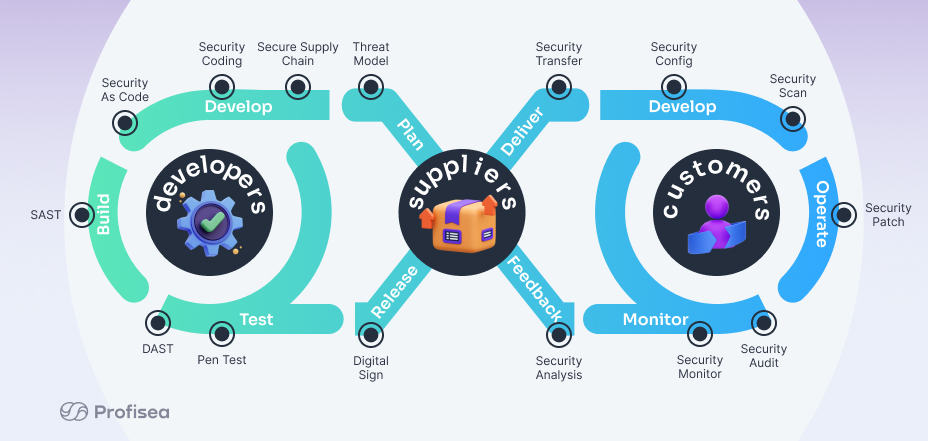
3. GitOps and Infrastructure as Code (IaC) Maturity
GitOps emerges as a transformative method for managing cloud-native applications, relying on Git as the single source of truth. In parallel, as Infrastructure as Code (IaC) matures, it automates infrastructure provisioning through code changes managed in Git repositories. This streamlined approach not only enhances operations but also ensures consistency across environments. As we look ahead in 2024, the maturation of IaC is expected to deepen its integration with cloud technologies, promising smarter automation and more efficient resource management.
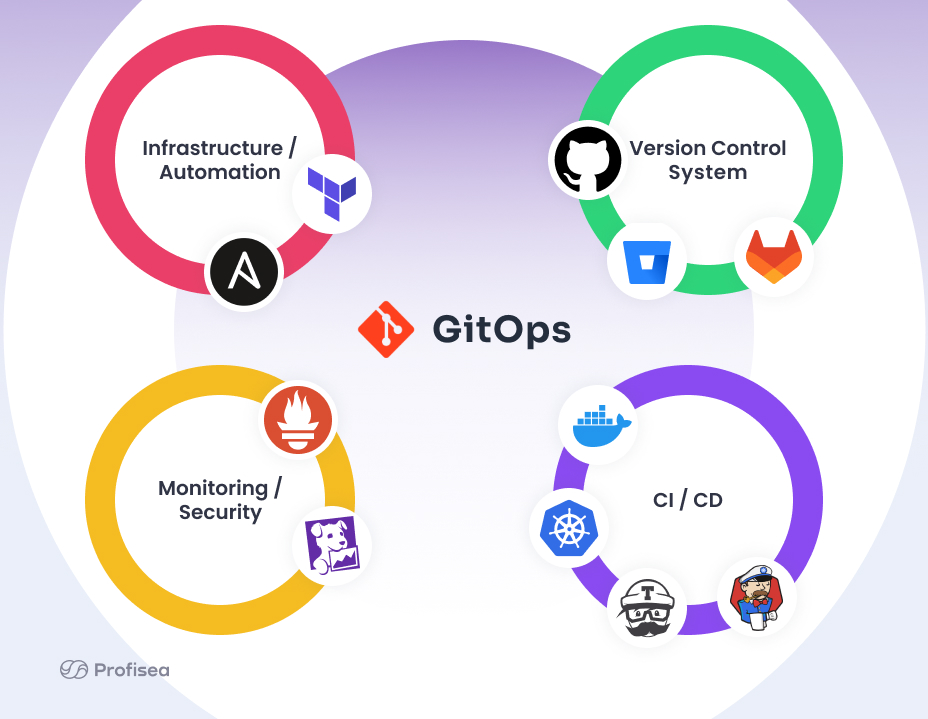
4. Serverless Computing
In pursuing DevOps agility, serverless computing emerges as a paradigm shift, abstracting infrastructure management and enabling developers to focus solely on coding. The approach, anticipated to be a $55 billion market by 2030, exemplifies innovation in software deployment. Platforms like AWS Lambda, Google Cloud Functions, and Azure Functions offer scalability, flexibility, and cost-effectiveness. DevOps teams stand to benefit from offloading infrastructure management tasks, allowing them to concentrate on coding, enhancing application functionality, and eliminating the complexities of server management.
5. Microservices Architecture
Microservices architecture, tailored to accommodate the latest DevOps trends, breaks down monolithic applications into smaller, manageable components. The adoption of microservices results in a substantial reduction in data flow, enabling rapid scaling. This architectural shift simplifies development, testing, and deployment, while harmonizing seamlessly with DevOps principles.
6. Kubernetes’ Continued Dominance
Kubernetes maintains its leading role in 2024 as a cornerstone for container orchestration, facilitating the management and scaling of containerized applications. Organizations typically leverage Kubernetes to transform deployment pipelines, significantly reducing deployment times from months to as little as 30 minutes. The flexibility and scalability offered by Kubernetes make it indispensable for DevOps practices. Its prevalence is expected to persist, especially with the increasing adoption of microservices architecture, ensuring improved resource utilization.
7. Platform Engineering
In 2024, Platform Engineering takes center stage in DevOps strategies, emphasizing the design and development of robust platforms as the backbone for software deployment and operations. Cloud-native platforms gain prominence since they offer scalability, flexibility, and cost-efficiency. Automation remains a focal point, with platform engineers leveraging advanced tools for CI/CD, IaC, and real-time monitoring.
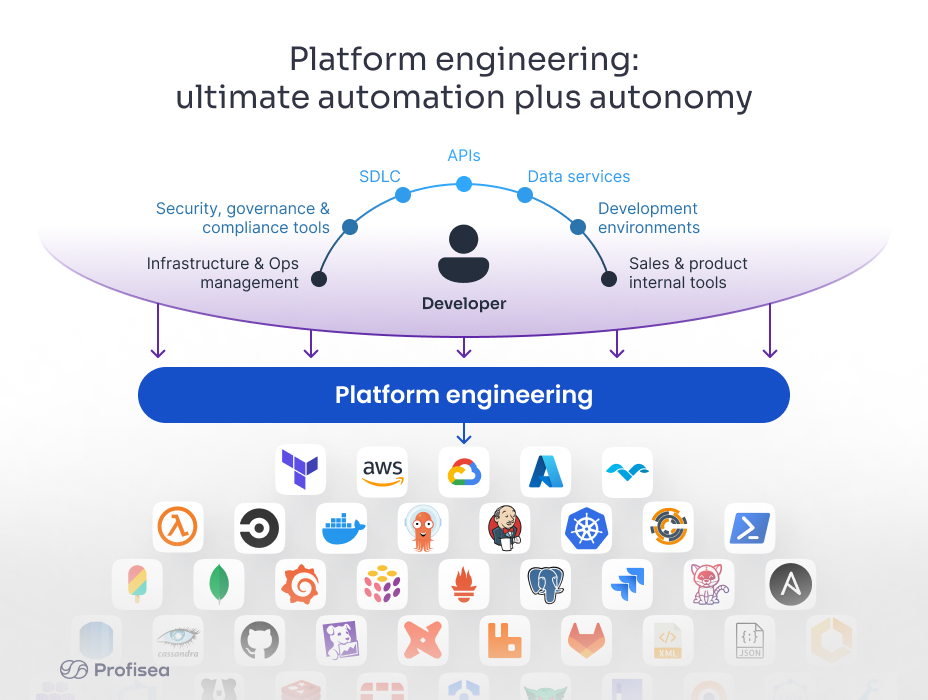
8. Value Stream Management (VSM)
Value Stream Management emerges as a technique to measure and enhance the value delivered by DevOps processes. By mapping the entire value stream, DevOps teams can identify key metrics, reduce waste, and optimize the flow of value. This approach aligns goals with business outcomes, fosters customer satisfaction and reduces inefficiencies. In 2024, it will help businesses minimize downtime, enhance service quality, and allow greater focus on innovation and growth.
9. ChatOps
ChatOps integrates popular chat platforms such as Slack and Teams into the DevOps workflow, leveraging chatbots for real-time communication, monitoring, and notifications. In 2024, this approach will streamline cooperation, reduce tool-switching, and enhance efficiency in DevOps workflows.
10. Rise of DevOps as a Service (DaaS)
As organizations grapple with DevOps infrastructure and processes, DevOps as a Service emerges as the trend most likely to alleviate operational burdens. By outsourcing DevOps processes to third-party providers, businesses can implement DevOps, tap into expertise, and access advanced automation tools, saving time and resources.
Profisea: Your Trusted Partner for DevOps Services and Cloud Migration
Partner with Profisea for all your DevOps services and cloud migration needs and enjoy the benefits of the trends outlined in this blog.
A leading Israeli DevOps and cloud company, Profisea provides a full spectrum of cloud management services, from smart customization of existing cloud infrastructures to end-to-end cloud infrastructure design and optimization to meet the unique business requirements of each of our clients.
For close to a decade, Profisea’s DevOps engineers have been implementing top practices in DevOps, DevSecOps, and FinOps, and providing Kubernetes-based infrastructure services to help SMBs, SMEs, and large enterprises transform their organizational mindsets, increase productivity, boost performance, and reduce cloud costs.
If you are looking for optimized cloud infrastructure and enhanced delivery processes, check out our DevOps as a Service page to get more information about how we can transform your cloud journey.



